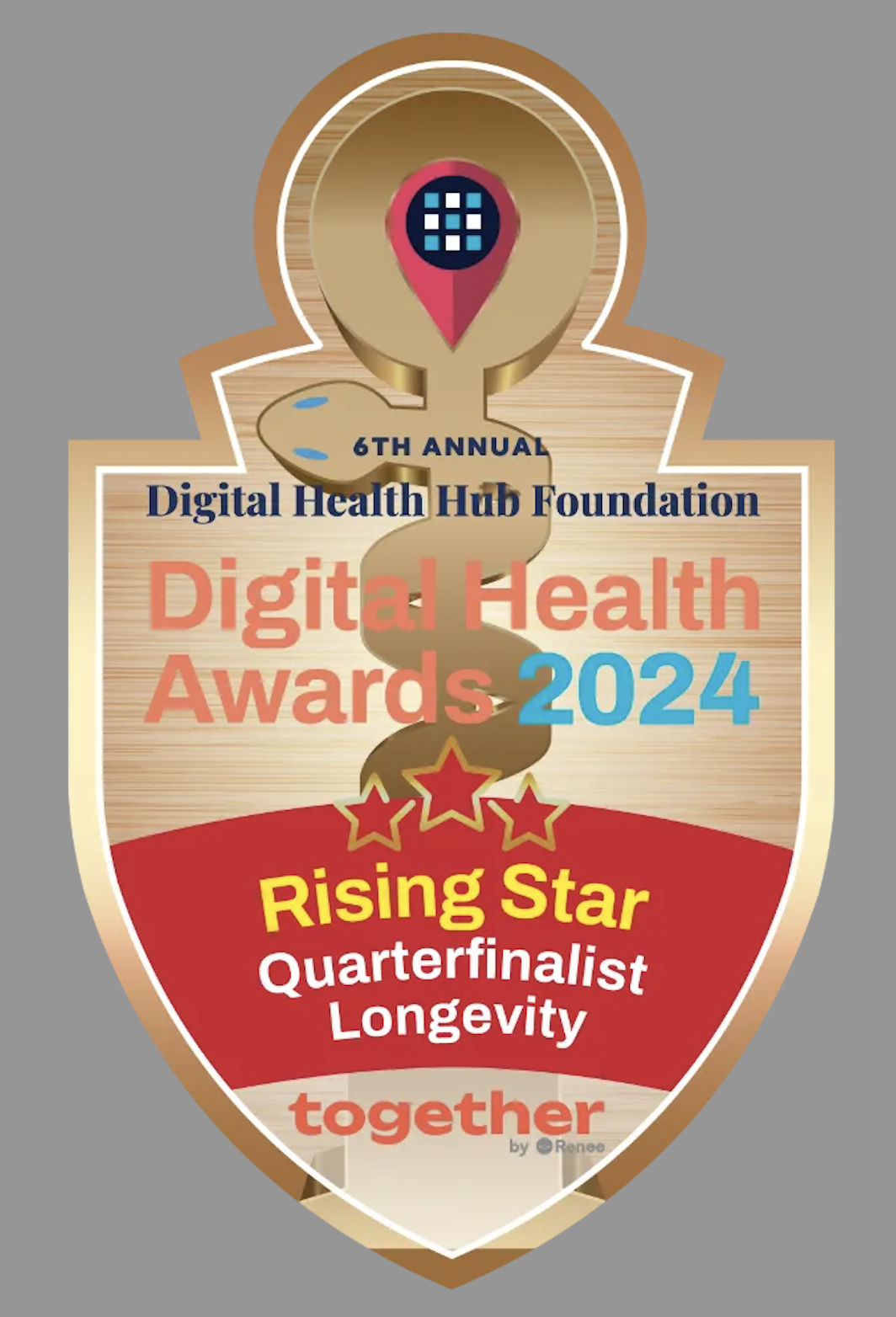
Chief Healthcare Executive recently featured Together Senior Health’s Co-founder Cynthia Benjamin's article, Rethinking ‘impossible’: Innovative approach to dementia engages patients and reduces healthcare costs. Alzheimer's Disease and other dementias (ADRD) are on the rise, and it's not just a healthcare concern but a financial one too. As the prevalence of these conditions skyrockets, the burden on healthcare resources and spending escalates, posing significant challenges for both patients and health plans.
While health plans today recognize cognitive decline as a highly challenging condition to manage, they rank it as less costly when compared to other chronic conditions. In contrast, data from the Centers for Medicare and Medicaid Services ADRD have the fourth highest spend per capita on a list of 21 chronic and costly conditions. Health plan leaders currently underestimate the situation, despite spending on ADRD that is forecast to reach $1 trillion globally by 2050.
In this evolving landscape, new hope arises from non-pharmacologic interventions such as movement therapy, mindfulness, and social connection. These interventions have shown promise in improving physical and cognitive functioning, enhancing overall quality of life, and reducing healthcare utilization costs for ADRD patients. The digital revolution has made these interventions accessible through virtual platforms, breaking down barriers related to transportation and enabling older adults to embrace technology for their well-being.
It's time for health plan leaders to reassess the possibilities and invest in these therapeutic interventions, not only to alleviate the burden on patients and caregivers but also to curb the rising costs associated with dementia care. Together Senior Health stands at the forefront of this transformation, advocating for a holistic and proactive approach to brain health that can enhance the lives of individuals affected by ADRD and help manage healthcare expenditure effectively.
Read more at Chief Healthcare Executive



